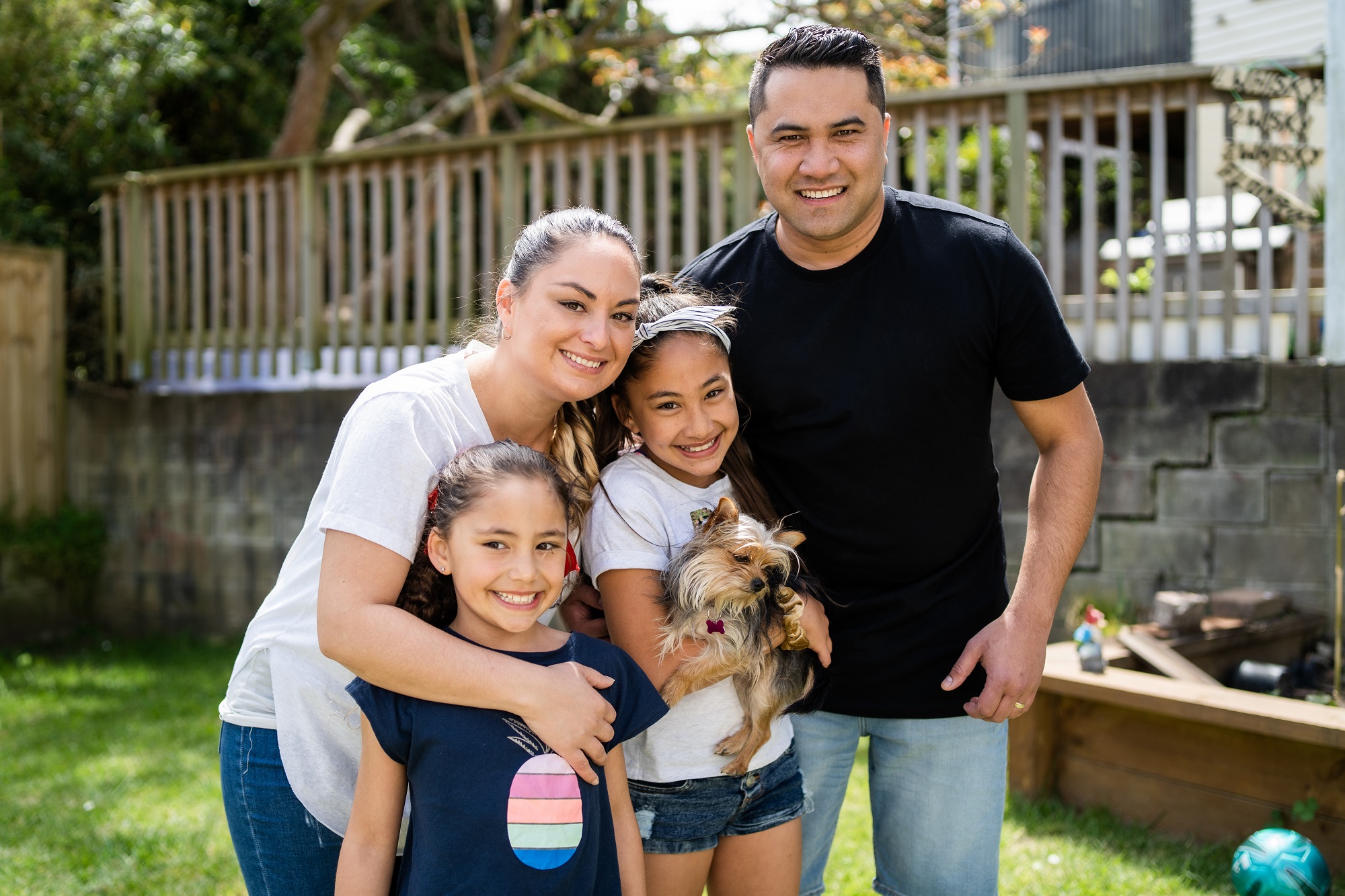Submission: Changes to Working for Families
Good Shepherd New Zealand recently submitted on proposed changes to the Working for Families regime.

We are supportive of policy changes that help families avoid overpayment debt, if done in a way that minimises the everyday financial impact on families.
Overpayment debt is often created through no fault or malicious intent and families shouldn’t be thrown into debt because a working parent accepts a promotion, for example. However, we believe it is short-sighted to focus a review on overpayment without giving equal importance to the issue of underpayment. Given New Zealand faces an acknowledged cost-of-living crisis, and is consistently failing to meet child poverty targets, more families than ever are depending on government assistance to feed and clothe their children.








